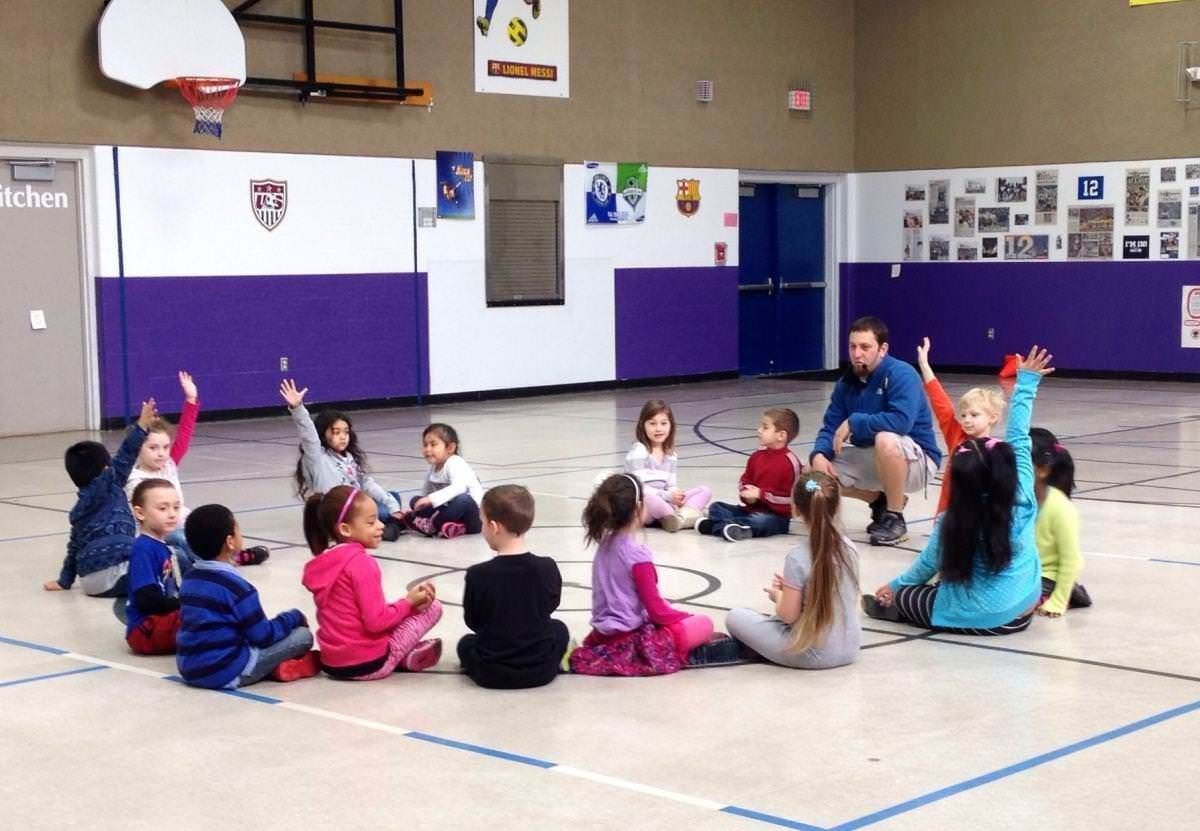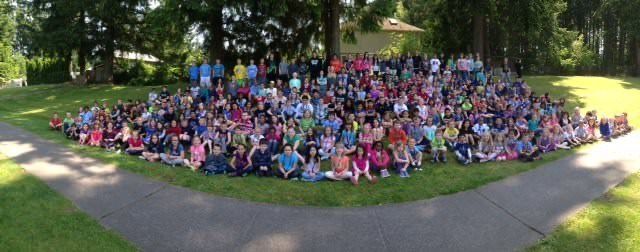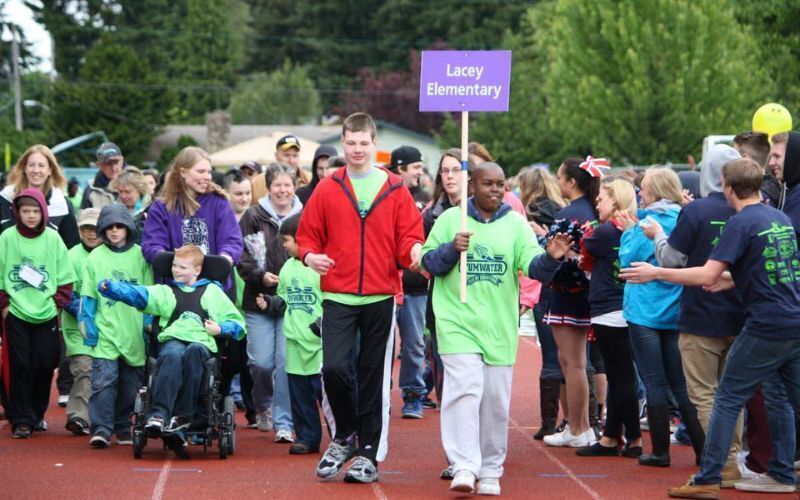Thurston County Day of Champions, a special competition for special education students that was started by a teacher in the district
by Courtney Schrieve
When a big-city Superintendent arrived in suburban Washington to lead a diverse, suburban community, he came with a simple tool kit of transparency, positive behavior reinforcement -- and compassion.
“Our district represents America,” said Raj Manhas, Superintendent of North Thurston Public Schools the former leader of Seattle Public Schools and the Seeds of Compassion event in 2008, a catalyst for an international movement to bring social and emotional learning into families, schools and cities to provide the foundation for a more compassionate world.
At the time Manhas arrived, the district was in a holding pattern. With over 40 percent poverty and diversity, student achievement was flat or falling compared to the state and neighboring districts, making it difficult to get community support for funding initiatives. Equipped with systems-thinking and a heart/mind balance in his toolkit, Manhas and his staff turned to Positive Behavior Intervention Support (PBIS), a pro-active approach to increasing positive student behavior through direct instruction.
“In every school, staff teaches behavior expectations to students that are consistent with pro-social traits such as responsibility and respect,” Manhas said. The behavior expectations are taught to students throughout the school year in different areas of the school, whether it’s resolving issues on the playground or moving through the crowded halls of high school.
At Woodland Elementary School, this means students become “self-managers” of their own behavior. They, like other students across the district, receive positive recognition for following behavior expectations, including special tokens for demonstrating positive life skills and kindness. “As a school we emphasize being respectful, being responsible and being safe each and every day,” said Principal David Warning. In 2009, when the program started the school had 196 self managers and 482 discipline referrals. Today nearly all the students are self-managers and referrals have dropped to 169 (or 35 percent).

Students at Meadows School, designated a School of Hope, and one of the low income schools with increased achievement
At the high school level, counselors and support staff use PBIS to focus in on individual student needs to help keep them engaged and on track to graduate. At Timberline High School, a school of nearly 1,700, each student is assigned an adult mentor. Office referrals there have also dropped by nearly 35 percent over the last several years. And last year their graduation rate was nearly 87 percent. Students are also noticing the compassion and caring environment of their school.
Timberline counselor Jeanne Cunningham sees positive behavior results every day. “One day after school I noticed a student in the commons. This young man had been a handful his freshman and sophomore year, but was beginning to turn his behavior around. I joked that he was at school late. I said, “You really must love Timberline.” The student became serious, turned to me and said, “I love Timberline, Mrs. C. I don’t know where I would be without this school. I really think that I would be on the streets.” I was literally moved to tears at the emotion behind this student’s words.”
These two stories are illustrative of what has happened throughout North Thurston Public Schools. The overall graduation rate is nearly 83 percent. Student achievement scores have surpassed the state in most areas, especially in science and math. Attendance rates have improved over 7 percent in the last year and office referrals have decreased by 11 percent district wide.

400 Students recognized as Self Managers at Woodland Elementary School
These results, paired with a positive movement in the district, have spread to the community, and in February 2014 the district passed a $175 million bond campaign that received historical voter approval of 68 percent. Business, community and family partnerships are key to this success.
Today, the community thinks of NTPS as “our schools.” Teachers and counselors work to ensure that interventions are in place for every child and that academics can’t be addressed without behavior problems. Ultimately, it’s about understanding where each other is coming from and how we can take steps together to make Lacey, Washington a compassionate, livable city for all.

